11 GPTs for Data Classification Powered by AI for Free of 2025
AI GPTs for Data Classification are advanced generative pre-trained transformer models specifically designed to categorize and manage data. These tools leverage the power of AI to analyze, understand, and classify data into predefined categories or new ones identified through learning. Their relevance lies in automating the process of sorting vast amounts of data, making them indispensable in fields where data organization and analysis are crucial. By utilizing machine learning and natural language processing capabilities, GPTs for Data Classification offer tailored solutions that enhance efficiency and accuracy in data handling.
Top 10 GPTs for Data Classification are: Deep Learning,Azure Purview Expert,Yueli Socang,Data Label Wizard,Network Vi,Categorizador y Etiquetador de Productos Avanzado,GPT de Marco Social Proyectos,Iris: NLP and LLM Technologies Expert,SPHN Navigator,OPES Analysis Tool
Deep Learning
AI-powered conversations at your fingertips

Azure Purview Expert
Harness AI for smarter data governance

Yueli Socang
Empowering Intelligence in Knowledge Management
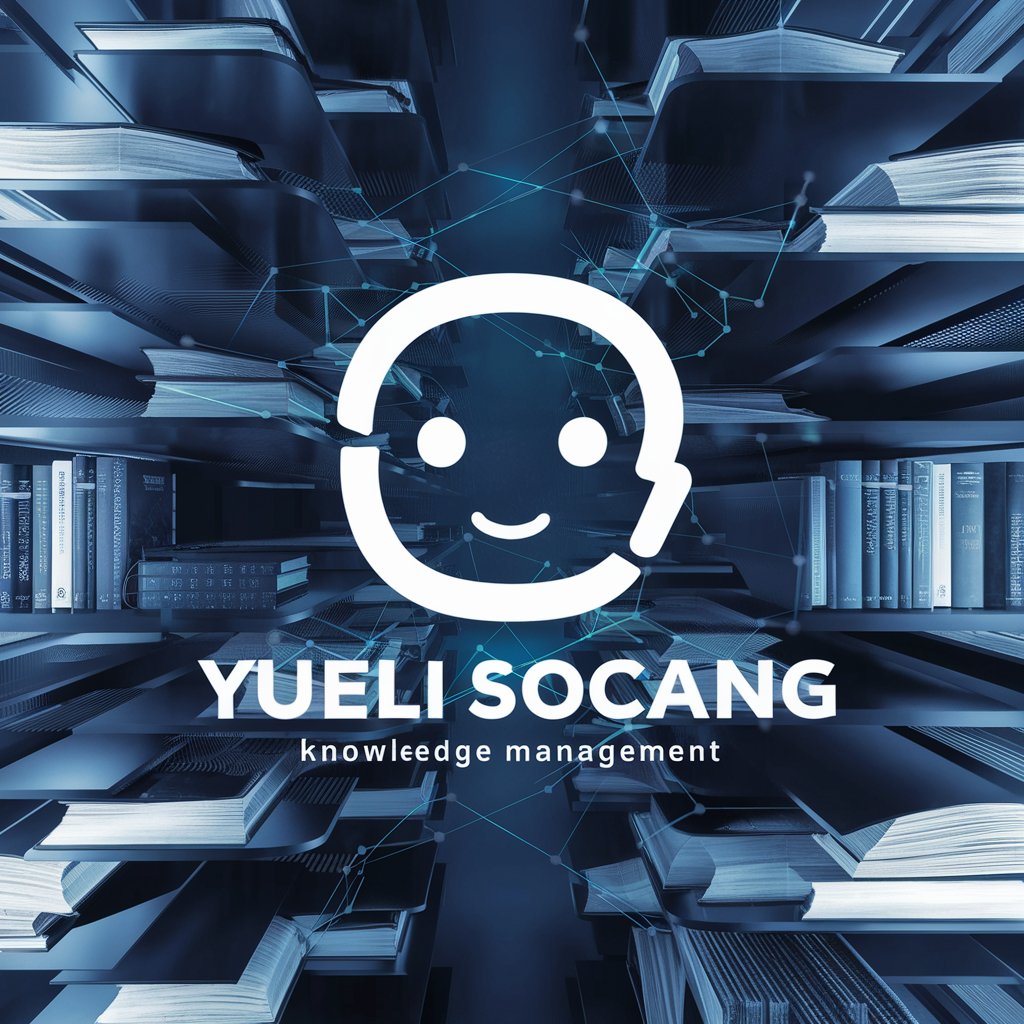
Data Label Wizard
Simplifying Data Labeling with AI
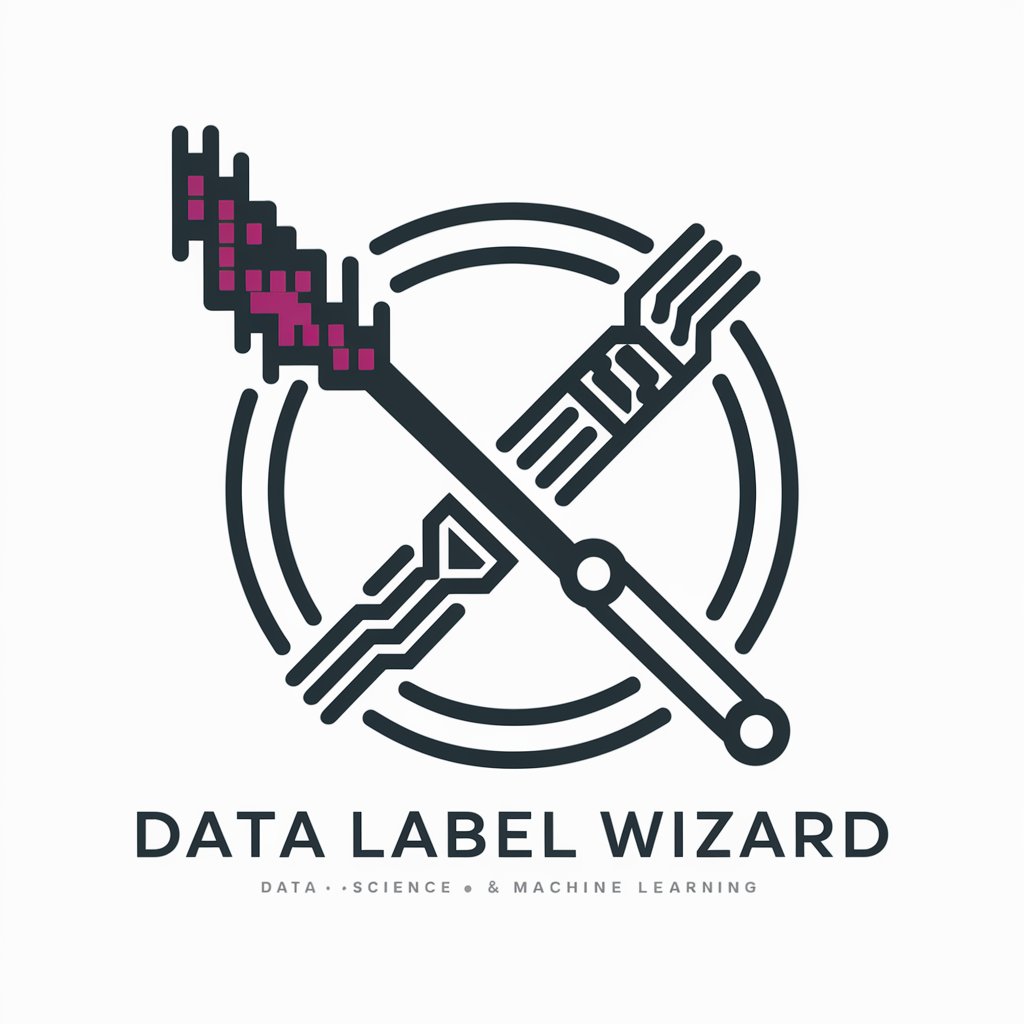
Network Vi
Visualizing and Analyzing IPv4, AI-Powered

Categorizador y Etiquetador de Productos Avanzado
AI-powered Product Categorization and Tagging

GPT de Marco Social Proyectos
Empowering social projects with AI insights

Iris: NLP and LLM Technologies Expert
Unleashing AI-Powered NLP Innovations
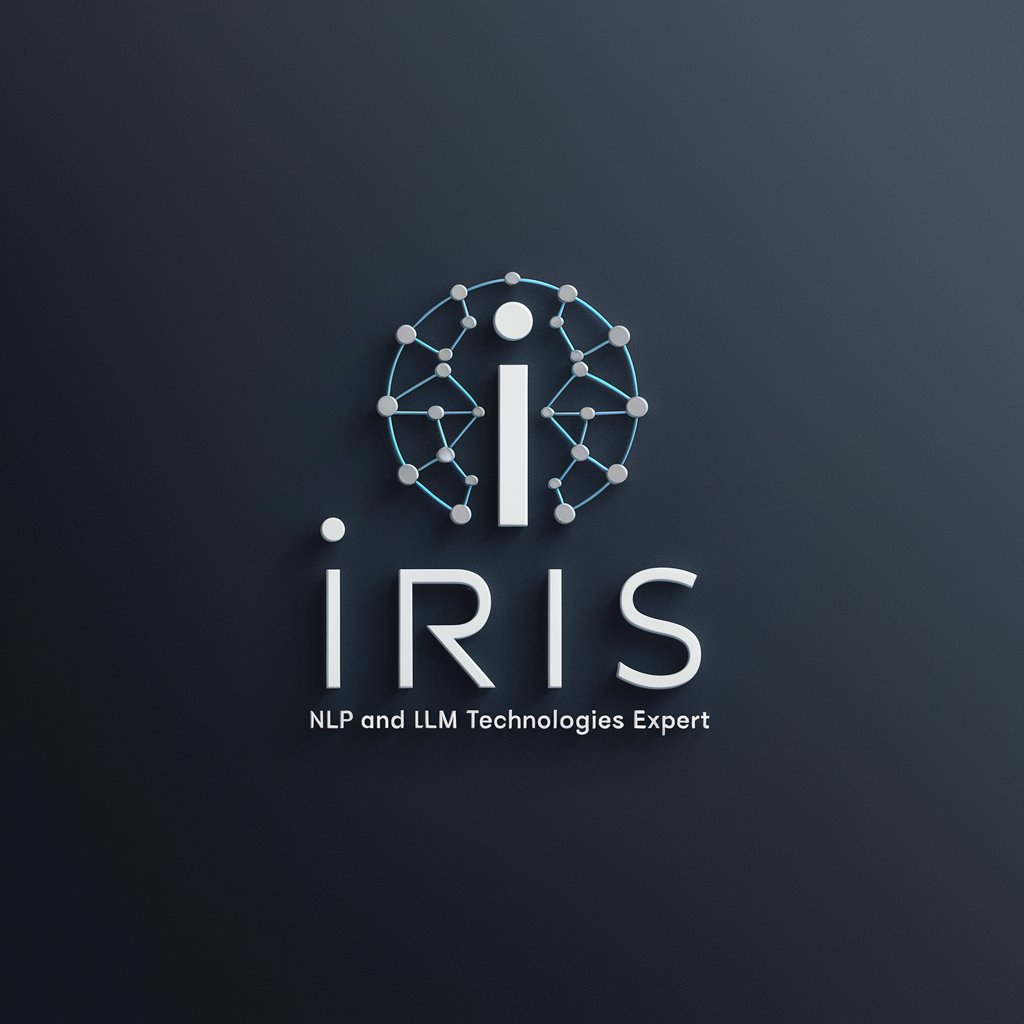
SPHN Navigator
Navigating Health Data, Simplified
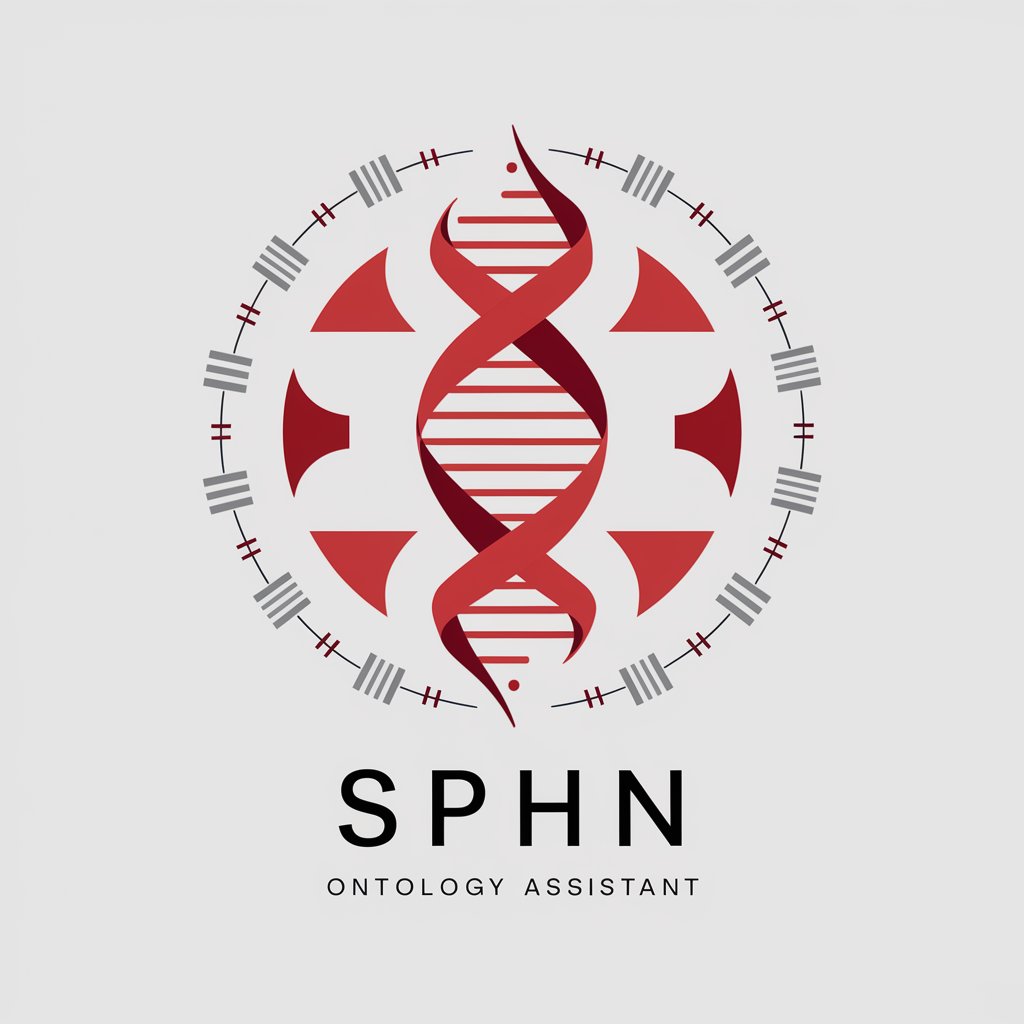
OPES Analysis Tool
Automate Assistant Principal Evaluations with AI
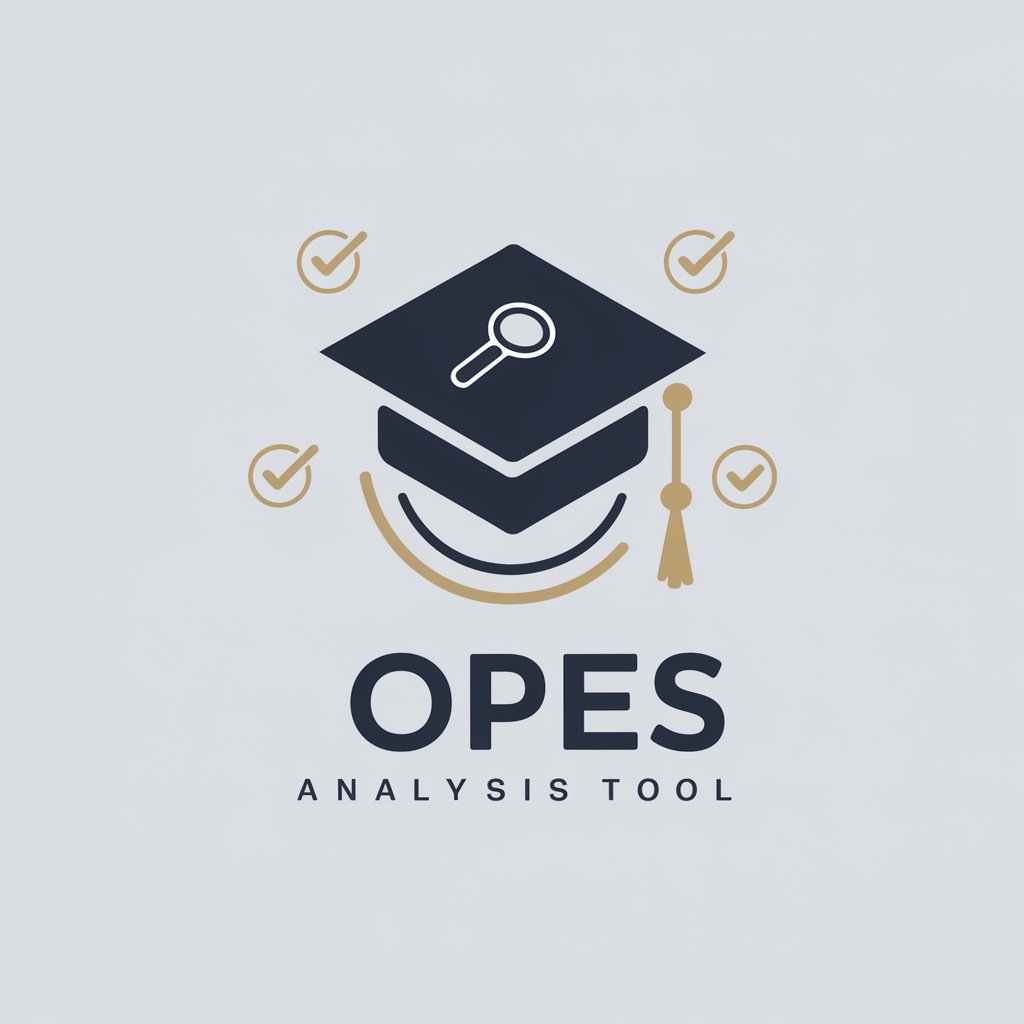
seal capacity P &R
Refine and Classify Data with AI Precision

Key Attributes and Functions
AI GPTs for Data Classification come with a suite of unique features tailored for data sorting and analysis. These include adaptability to various data types, from structured data like spreadsheets to unstructured data like emails or social media posts. They excel in language understanding, allowing for the classification of content based on context and semantics. Special features may include technical support for integration with existing databases, web searching capabilities for data enrichment, image recognition for visual data classification, and data analysis tools for insights generation. Their ability to learn from new data and improve over time ensures they remain effective as data evolves.
Who Benefits from Data Classification GPTs?
These AI GPTs tools cater to a wide audience, ranging from novices seeking to understand data organization principles to professionals and developers requiring advanced data management solutions. They are particularly beneficial for data analysts, IT professionals, and businesses that handle large volumes of data. The tools are designed to be user-friendly for those without coding skills, while offering extensive customization options for users with programming expertise, making them adaptable to various needs and skill levels.
Try Our other AI GPTs tools for Free
UFO Research
Discover the cutting-edge AI GPT tools tailored for UFO Research, designed to enhance analysis and insights on unidentified flying objects. Ideal for enthusiasts and experts alike.
Case Comparison
Discover AI-powered GPT tools for precise Case Comparison, designed for professionals and novices alike, enabling efficient, detailed comparative analyses across various sectors.
Enthusiast Exploration
Explore the depths of your passion with AI GPTs for Enthusiast Exploration. Unlock tailored insights, creativity, and solutions in your field of interest.
Profile Creation
Discover AI GPTs for Profile Creation: Tailored tools designed to simplify and enhance the process of creating engaging and accurate profiles for social media, professional networking, and more.
Trivia Sharing
Discover how AI GPTs for Trivia Sharing revolutionize the creation and sharing of trivia content, making it more accessible, engaging, and informative for everyone.
Memecoin Information
Explore the cutting-edge AI GPTs for Memecoin Information, offering tailored insights, real-time analysis, and user-friendly interfaces for both novices and professionals in the memecoin market.
Enhanced Solutions Through Customization
AI GPTs for Data Classification offer customized solutions that can significantly enhance data management practices across various sectors. With user-friendly interfaces and the ability to integrate with existing workflows, these tools simplify the classification process, making data more accessible and actionable. Their adaptability to different data types and continuous learning capabilities ensure they remain effective tools for data analysis, offering insights that can drive decision-making and innovation.
Frequently Asked Questions
What exactly is Data Classification in AI?
Data Classification in AI involves categorizing data into different classes or groups based on common characteristics, using algorithms to automate the process for efficiency and accuracy.
How do AI GPTs improve Data Classification?
AI GPTs improve Data Classification by leveraging natural language processing to understand context, making classifications more accurate and adaptable to new types of data.
Can GPTs classify images as well as text?
Yes, some GPT models are equipped with image recognition capabilities, allowing them to classify both textual and visual data.
Do I need coding skills to use these tools?
No, many AI GPTs for Data Classification are designed with user-friendly interfaces that do not require coding skills, though programming knowledge can enhance customization.
How can businesses integrate GPTs into their existing systems?
Businesses can integrate GPTs into their existing systems through APIs or specialized software solutions provided by the GPT developers, allowing seamless data flow and classification.
Are there privacy concerns with using AI for Data Classification?
Yes, privacy concerns exist, especially with sensitive data. It's important to use GPTs that comply with data protection regulations and to anonymize data when possible.
Can AI GPTs adapt to new categories of data over time?
Yes, AI GPTs are capable of learning from new data inputs, allowing them to adapt and recognize new categories over time without extensive reprogramming.
What is the future of Data Classification with AI GPTs?
The future of Data Classification with AI GPTs lies in more sophisticated algorithms that can handle increasingly complex data types and provide deeper insights, further automating and refining the data classification process.